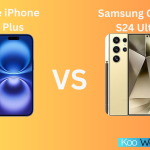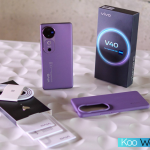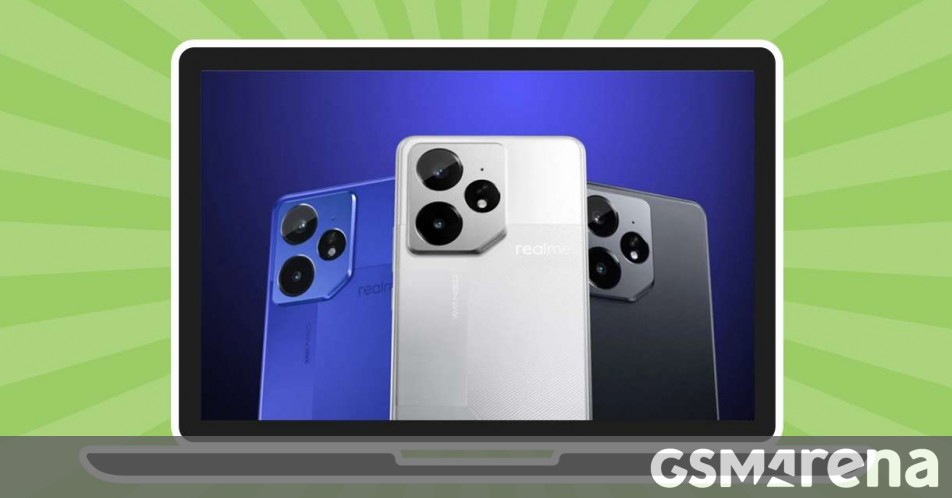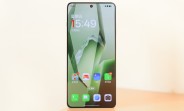Here we are at the end of week 50 of the year 2024. Just two more to go!
It looks like the European prices of the upcoming Galaxy S25 series will be the same as the S24 series.
The Galaxy S25 series is not bringing massive upgrades – other than the Snapdragon 8 Elite, which is a huge step up from the Exynos 2400 that Europeans got in their S24 and S24+ phones – but there are a number of important minor upgrades too. For example, the small S-phone will finally get 12GB of RAM (but base storage will still be 128GB), the two bigger models could get 16GB in some configurations. The S25 Ultra is getting a new 50MP ultra-wide camera.
While on the subject, reports suggest that the main camera of the Galaxy S25 Ultra will be the same as the one on the Galaxy S24 Ultra, which was mostly the same as that of the S23 Ultra.
Realme unveiled the first smartphone in its newly minted Neo series – the Neo7. It features MediaTek’s Dimensity 9300+ chipset – a flagship-grade SoC from earlier this year alongside a massive 7,000 mAh battery with 80W charging and an IP69 rating against water and dust. The Neo7 back houses a 50MP main cam (IMX882) with a 26mm equivalent lens and OIS. It’s joined by an 8MP ultrawide with a 16mm equivalent lens. Realme Neo7 comes in white, blue, and black colors. Pricing for the 12/256GB trim in China starts at CNY 2,199 ($302). The top-tier 16GB RAM and 1TB storage version is CNY 3,299 ($454).
The first phone in Realme’s Neo series also gets a 50MP main cam and a massive 7,700mm² VC heatsink.
Huawei launched the Mate 70 series two weeks ago, and this week, Huawei CEO Richard Yu shared that all components are made in China. The executive announced that Huawei has achieved 100% domestic production of chips, which is a testament to the true autonomy of the semiconductor industry in China. There has been just a handful of teardown videos online, and they emphasize the new Kirin 9020 chipset, manufactured by SMIC – a Chinese semiconductor manufacturer working closely with Huawei.
Yes, it looks like Samsung will implement Qi2 compatibility via cases, similar to third-party cases available for the S24 series right now.
We have the Redmi Note 14 Pro+ and we have a quick first look at the device. We snagged some camera samples as well.















